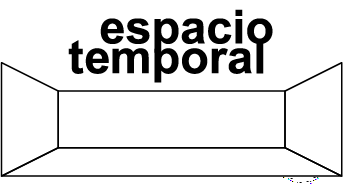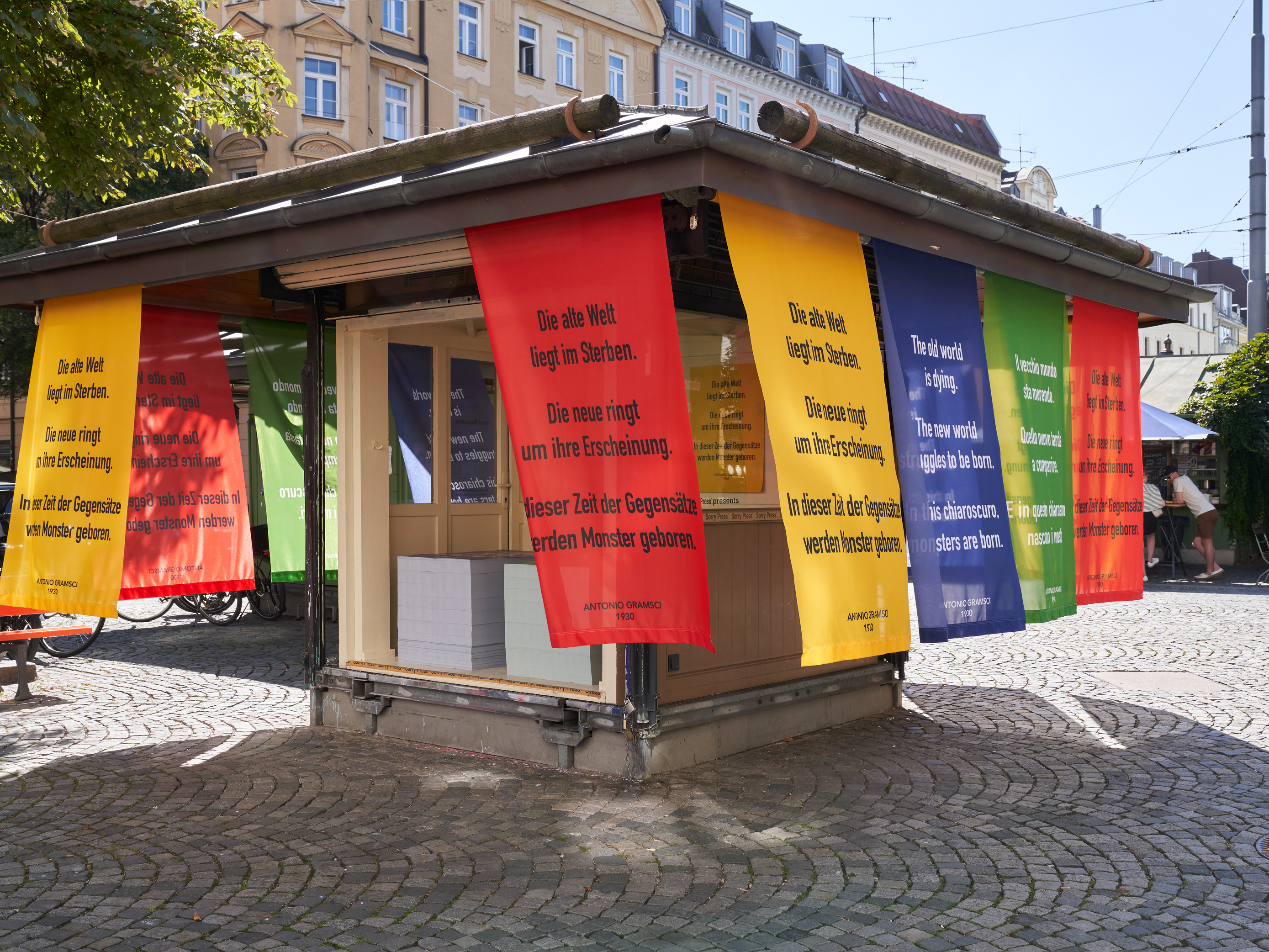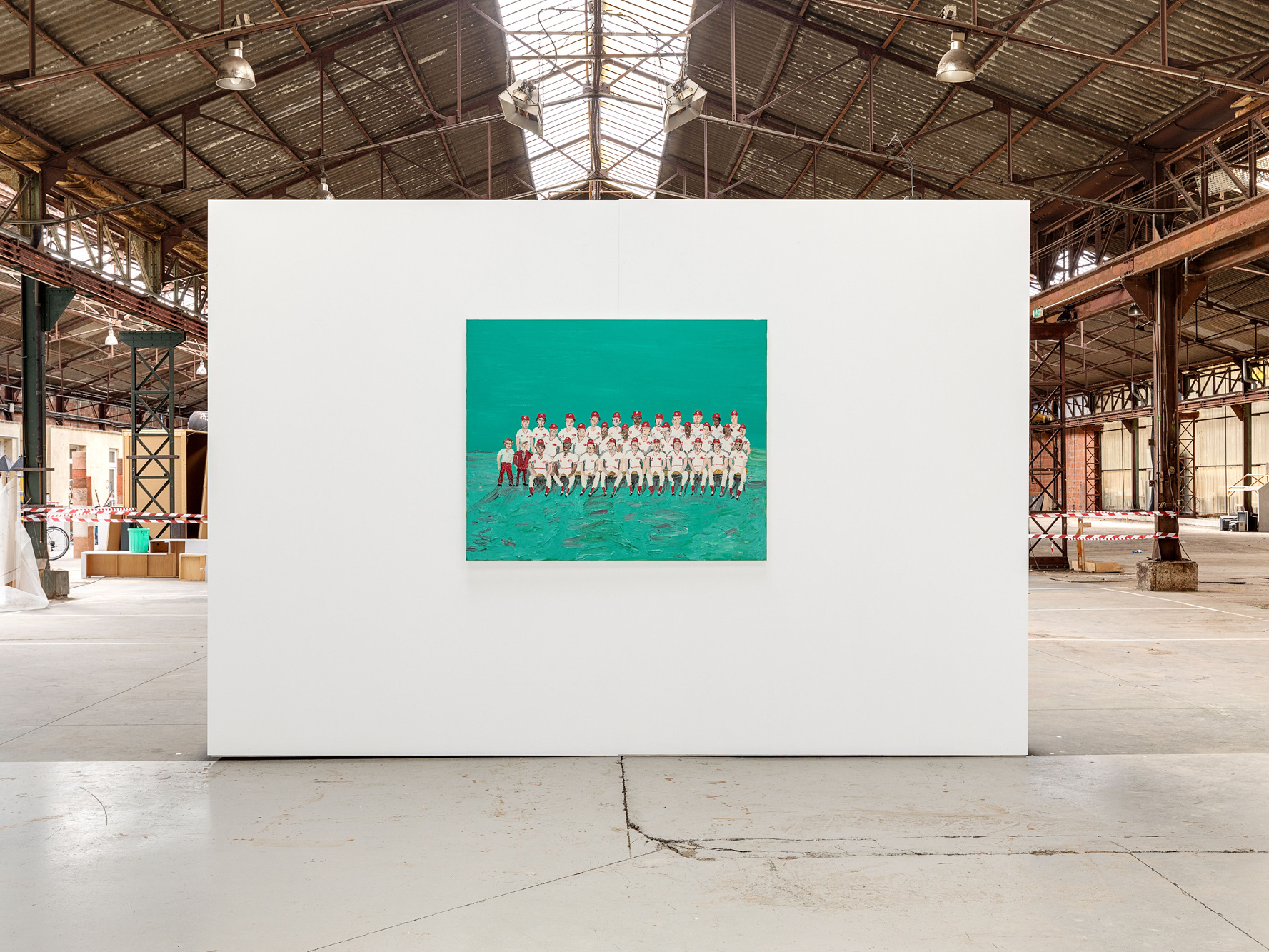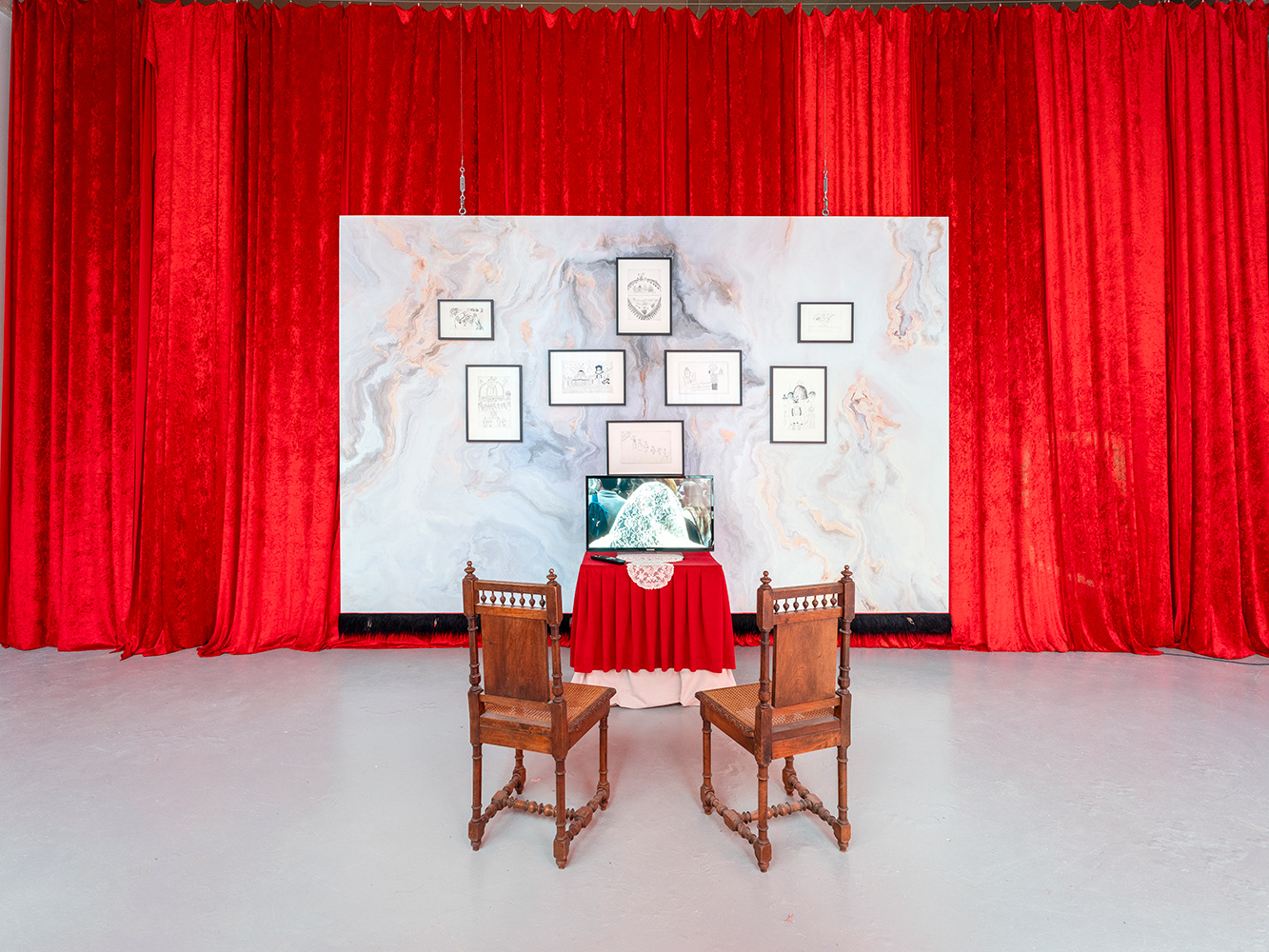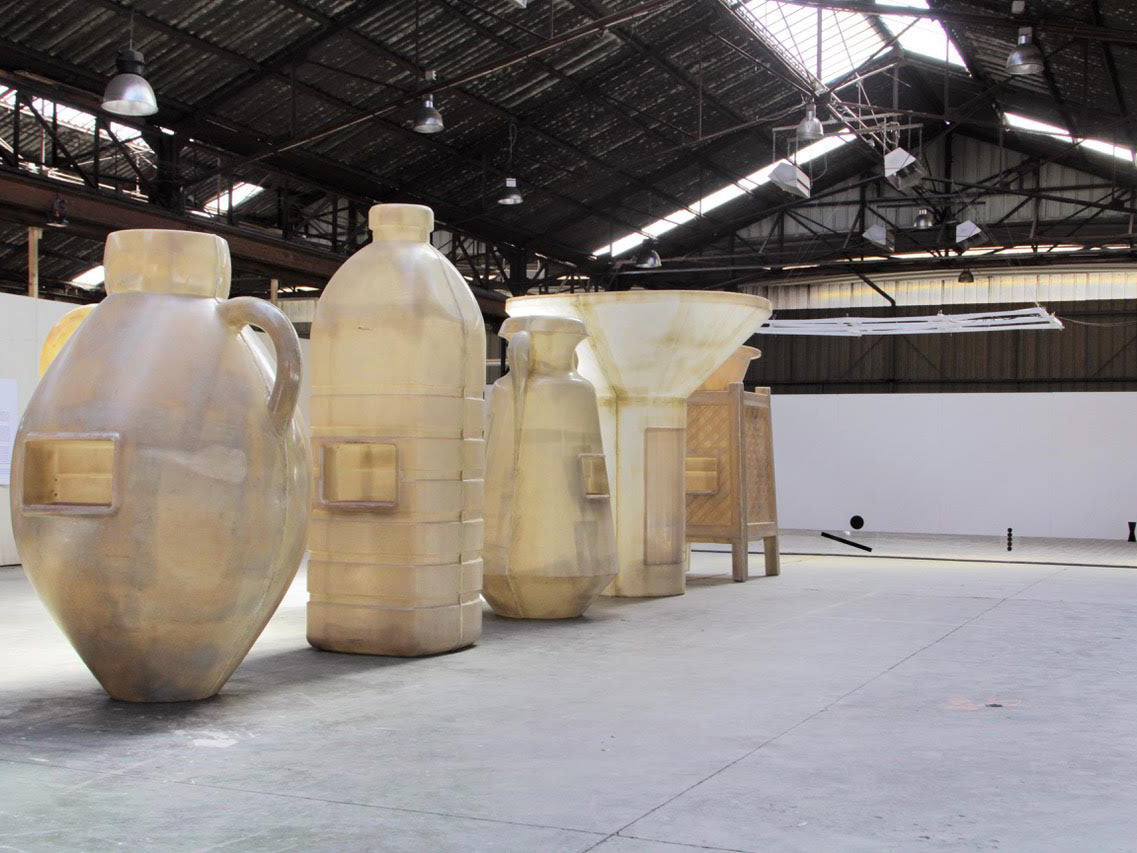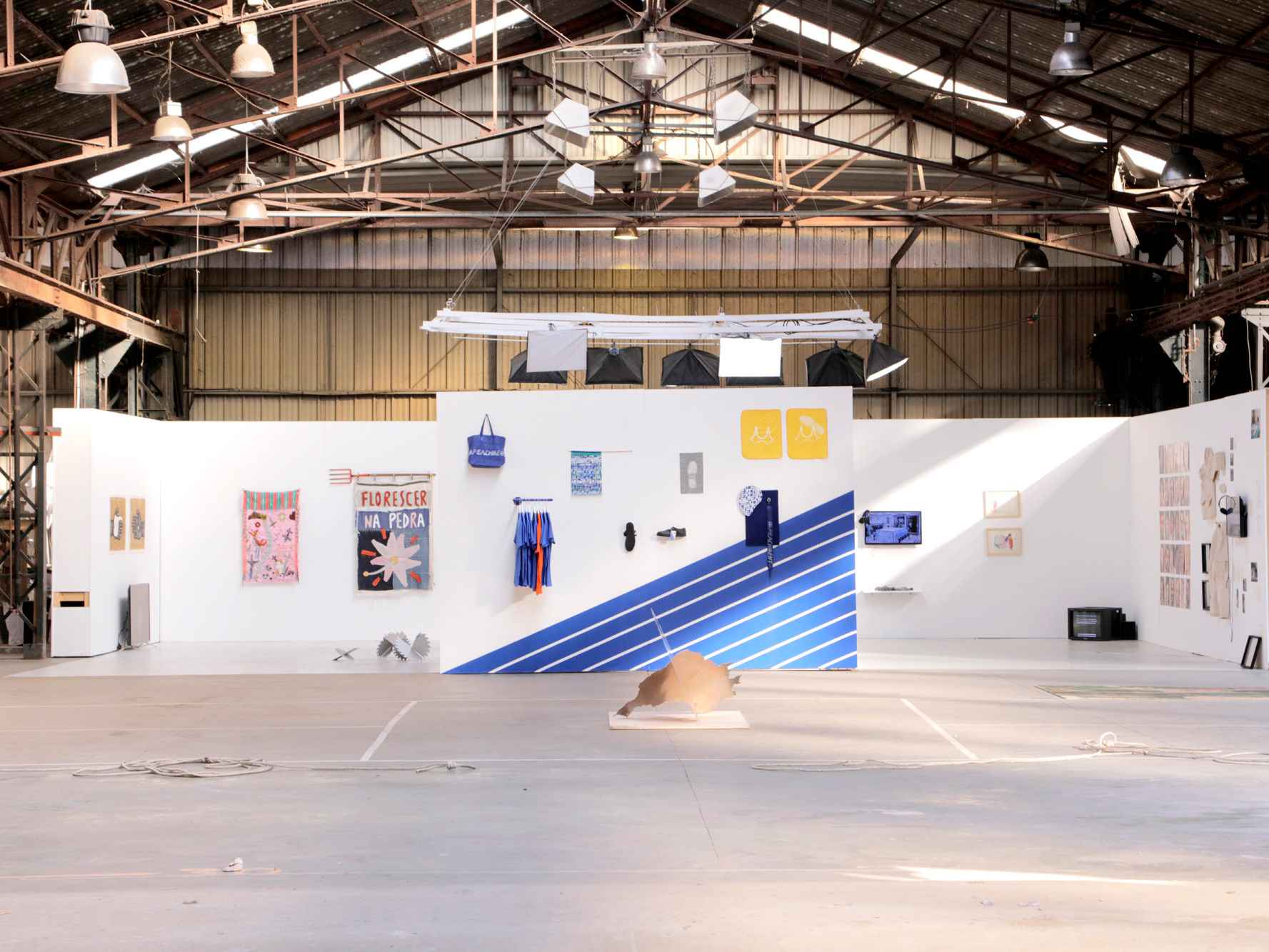In 1979, Maris Bustamante kidnapped the Taco. Intrigued by the far fetched - and therefore extremely attractive - idea of registering a gastronomic, iconographic and supposedly symbolic object of the quintessentially Mexican in her name, Bustamante began an investigation into its pre-Hispanic origin, finding a first record of its existence in a 16th century codex.
Co-founder and member of No Grupo (1977-1983), Maris Bustamante had already tasted the effectiveness of satire as a working method in her collective works. In 1978, the No Grupo’s second action consisted of symbolically kidnapping the sixty-year-old painter Gunther Gerzso, for which the collective declared: “That [...]Gunther Gerzso, has been kidnapped and that having decided to stay with his captors, we have agreed to murder him and offer him in sacrifice”, to which Gerzso stated “HEAR ME WELL EVERYONE: I DO NOT WANT TO BE RESCUED! I do not wish to return to an impoverished and false world where nothing ever happens outside of programmed mediocrity.”
Bold, cheeky, irreverent: the humor of the No Grupo had a clear objective: to shake institutions, public officials, artists, critics and spectators from the dust of conformity, from the mental moth of conventionalism, snobbery and reverence with which (patriarchal) hegemony is built.
A year later, Maris Bustamante, still as part of the No Grupo but signing individually, kidnaps the taco in a “work-abandonment”, in which she removes the taco from its everyday context and “abandons” it at the Museum of Modern Art. At the same time, and unlike the kidnapping of Gerzso, the critique that Bustamante articulates with the Patente del Taco can be read between the lines, in the very daring of her conceptual action: a woman declares as legally and legitimately hers a primordial identity element in a macho country, granting it “erotic” characteristics, and claiming it as an object of pleasure over which she, and no one else, had control: “I dare you to commit an erotic act, eat a taco!”
Trojan Taco is inspired by this daring of Maris Bustamante. The exhibition takes the taco patented in 1979 and turns it into an authentic weapon of cultural penetration, pushing the metaphor to the extreme in order to present the work of a dozen Latin American artists who have used food and/or humor as vehicles of critique.
While in some cases the humorous strategy is blatant (Daniel Aguilar Ruvalcaba, Minerva Cuevas, Mauricio Limon de Leon), in others it’s rather food that is presented as an excuse to address injustices in its trade and circulation (Adriana Martinez Barón); or as examples of struggle and resistance through its collective preparation (Gabriel Chaile). The history of Latin America and its past, present and future exchanges unfold, then, between laughter and tears, in these works.
Bon appétit,
Marisol Rodríguez
Marisol Rodríguez
Special thanks to galleries Kurimanzutto, Monclova and Wildpalm; Centro de Documentacion Arkheia, MUAC, UNAM-DiGAV and Servais Family Collection.
